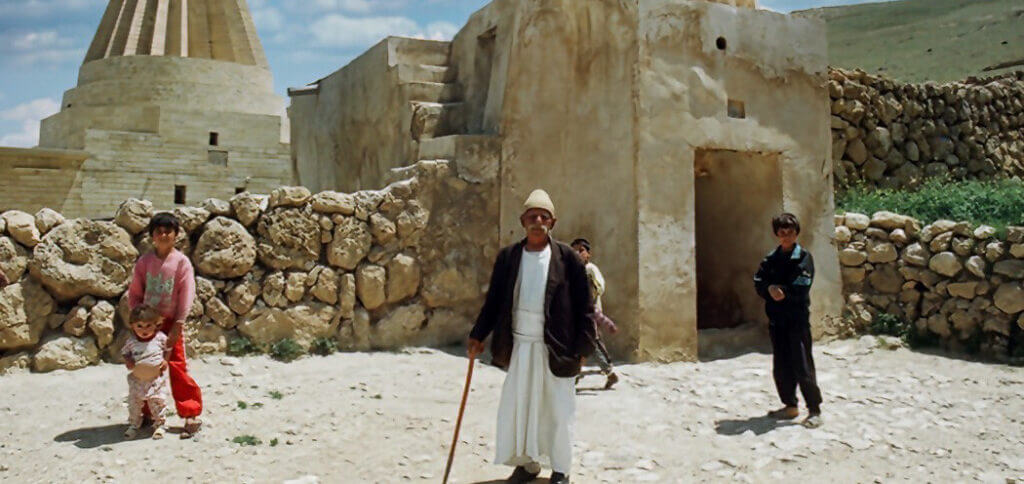AC students developing resource database on the Yazidi genocide
Posted on Friday, June 10th, 2022
 Learners in the Interdisciplinary Studies in Human-Centred Design program at Algonquin College are developing an online resource cataloguing the genocide against the Yazidi people. In partnership with Yazidi Legal Network, the resource will serve as a database on crimes against Yazidis for human-rights lawyers and activists.
Learners in the Interdisciplinary Studies in Human-Centred Design program at Algonquin College are developing an online resource cataloguing the genocide against the Yazidi people. In partnership with Yazidi Legal Network, the resource will serve as a database on crimes against Yazidis for human-rights lawyers and activists.
Yazidis are Kurmanji-speaking peoples indigenous to Kurdistan. Canada has officially recognized the genocide of the Yazidi people by Daesh, also known as the Islamic State of Iraq and the Levant (ISIL). According to Immigration, Refugees and Citizenship Canada, over 1,400 Yazidi survivors of Daesh have resettled in Canada as of January 2021.
Student researchers Anne Millar and Benjamin Varghese are working with the College’s Human-Centred Design Lab to design a database prototype for Yazidi Legal Network. The database will assist in identifying crimes and categorizing them as war crimes, crimes against humanity or genocide. User groups who will access the database include legal professionals, human rights activists, educators and the public.“The goal with this project is to promote academic research, minimize destructive effects of the 2014 Yazidi genocide and contribute to the efforts for justice and accountability,” said Varghese. “We’d like to understand user groups’ needs and how this database could help them provide justice to the Yazidis and their community.”
To source information for the database, Millar and Varghese will use existing material provided by Yazidi Legal Network, such as academic writings and news articles, as well as other human rights databases. To understand user needs, they will be conducting design research and speaking to subject matter experts.
“We’ll be interviewing members of the different user groups,” said Millar. “Then we’ll be doing a literature review, focusing on different legal or human rights activists with regards to the Yazidi.”
Millar and Varghese’s 12-week project is divided into three stages. First, they will seek approval for their study as per the College’s Research Ethics Board (REB). They then move into the interviewing phase, collecting and analyzing data to understand each user group’s needs. Finally, they will develop a prototype for the online database in the form of wireframe recommendations. From there, Yazidi Legal Network will leverage the prototype to secure funding to build the database and cover maintenance costs.
While user experience is related to their program studies, this is a standalone project through the Human-Centred Design Lab and is outside of Millar and Varghese’s program requirements. For them, this project represents an opportunity to participate in user experience research in a meaningful way.
“There’s a real sense of humanitarianism in this project, and that really appealed to us,” said Varghese.
To learn more about Yazidi Legal Network, visit www.yazidilegalnetwork.org.